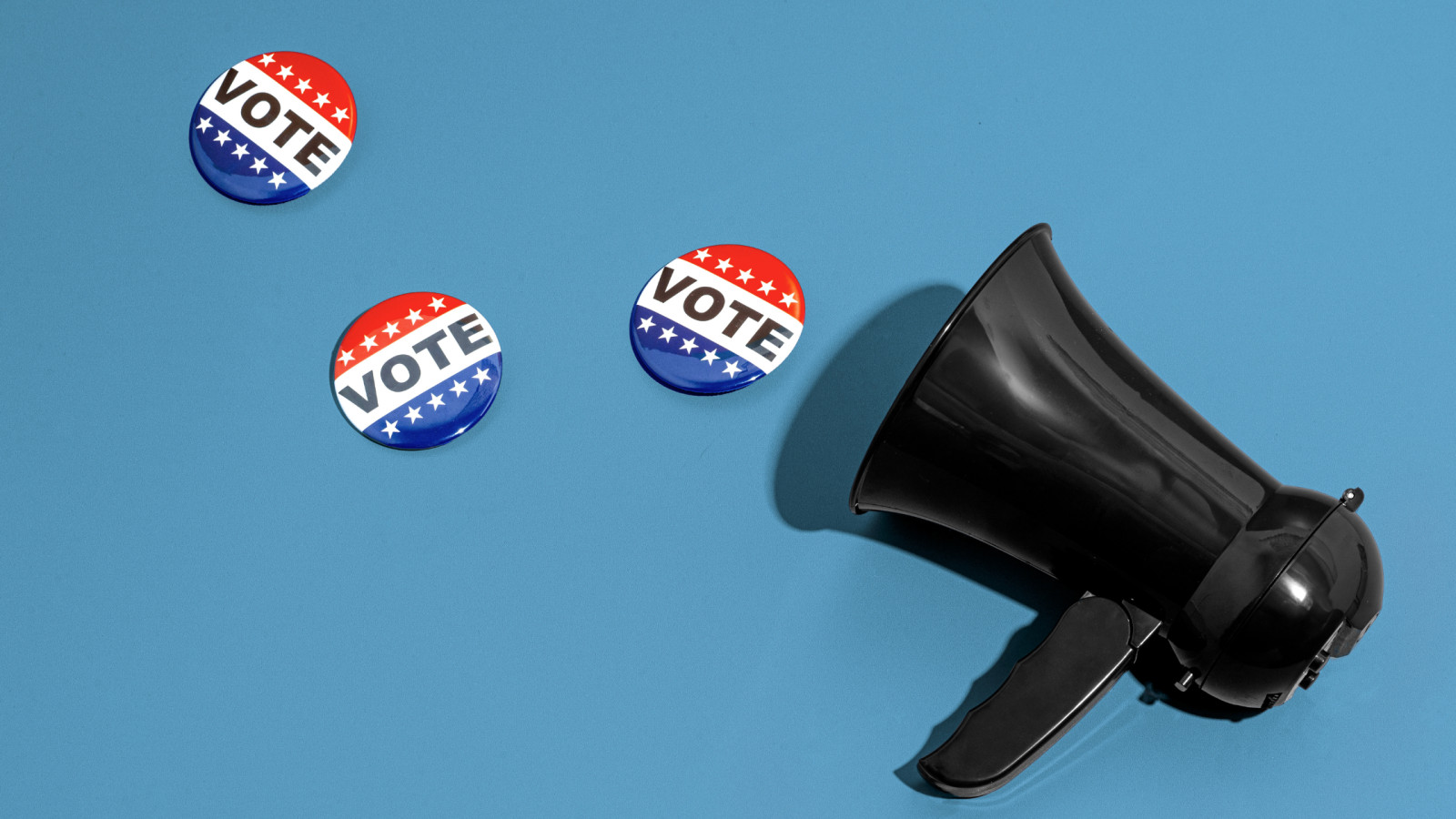The soft power of podcasting: how long-form audio is reshaping discourse

In an era where attention spans are dwindling and media fragmentation is at an all-time high, podcasting has emerged as an unlikely but formidable force in shaping geopolitical narratives. Unlike traditional news radio or adversarial TV interviews, podcasts offer a unique blend of intimacy, depth, and authenticity; qualities that politicians are increasingly leveraging to bypass conventional media gatekeepers.
Anyone working in the industry is aware of the unprecedented boom in podcasting. With podcasting revenue having surged to 7.3 billion, nearly double earlier projections, it’s without question that podcasting as a medium will be around for a long time. However, podcasting’s full political power remains to be seen.
From Donald Trump’s headline-grabbing appearance last year on The Joe Rogan Experience to Keir Starmer’s very recent, very curated appearance on We Have Ways of Making You Talk, political leaders are increasingly treating podcasts as a must-visit on their media circuit.
The podcast election and new rules of engagement
The 2024 US presidential race was dubbed the “podcast election” for a reason. Trump’s unfiltered, two-hour-plus appearance on Rogan’s show, where he espoused his views, demonstrated the medium’s unique ability to humanise (or, depending on perspective, embolden) political figures in ways that traditional interviews rarely allow. There was no rapid-fire interrogation, no adversarial moderator cutting him off, just an extended, conversational format that gave Trump the space to frame his messaging exactly as he wanted – and it appears this was not an anomaly.
To mark the 80th anniversary of VE Day, Prime Minister Keir Starmer appeared on We Have Ways of Making You Talk – a podcast focused on military history and the Second World War. Within moments, he drew a clear link between VE Day, the war in Ukraine, and his relationship with President Zelensky, a well-crafted message, and maybe even a rehearsed one.
It is likely Starmer saw value in using the platform to communicate directly. While the conversation felt more polished than spontaneous, the podcast offered a fresh format for political messaging. Notably, it lacked the adversarial tone of BBC Today or Newsnight, allowing him to share his perspective with minimal interruption.
This raises an important question: If podcasts become the defacto way to deliver political messaging, what will happen without scrutiny?
Featured Report
MIDiA Research 2026 predictions Change is the constant
Welcome to the 11th edition of MIDiA’s annual predictions report. The world has changed a lot since our inaugural 2016 edition. The core predictions in that report (video will eat the world, messaging apps will accelerate) are now foundational layers of today’s digital economy.
Find out more…An accountability paradox
This shift raises pressing questions about political accountability. Traditional broadcast interviews, for all their flaws, force leaders to defend positions in real time. The Today programme's legendary 8:10 slot has ended careers through rigorous interrogation, where the likes of John Humphrys forged his reputation on his ability to hold power to account.
Podcasts invert this dynamic. Their very strengths, lack of interruption, laid back tone and extended formats can become weaknesses when examining power. Starmer's Ukraine comments, though presented as organic discussion, bore all the hallmarks of rehearsed messaging. Trump's Rogan appearance, while framed as casual conversation, allowed unchecked dissemination of controversial claims.
Yet dismissing podcasts as mere propaganda tools would be simplistic. The medium's long-form nature permits policy discussions that traditional formats truncate. When respected shows like the MeidasTouch and The News Agent tackle complex issues, they demonstrate podcasting's potential to elevate rather than diminish political discourse.
The potential for audio politics
The format allows politicians to move beyond soundbites, explaining policies in depth while building genuine connection with listeners.
This represents podcasting's dual nature: it can be both a tool for meaningful engagement and a vehicle for carefully stage-managed messaging. The challenge for listeners is developing the discernment to tell the difference; for media organisations, it's adapting journalistic rigor to this new format; and for politicians, it's balancing the medium's persuasive power with democratic accountability.
The future belongs to political podcasting
As trust in traditional media erodes, podcasts are securing their place in political communication, but not at the expense of rigorous accountability journalism. The medium's power to bypass gatekeepers and build authentic connections makes it indispensable, yet we must preserve the vital role of traditional interview formats where tough questions get asked in real time.
The healthiest media ecosystem will be one where podcasts' long-form depth complements rather than replaces the forensic scrutiny of programs like Today or Newsnight. Political podcasts excel at nuanced policy discussions and humanising leaders, while live interviews remain unmatched for holding power to account. One format's strengths compensate for the other's limitations.
What began as entertainment has undoubtedly become soft power in audio form. As this medium matures, its greatest value may lie in coexisting with, not supplanting, traditional political journalism. The future belongs to media-literate audiences who can appreciate both the authenticity of podcasts and the accountability of live interviews.


The discussion around this post has not yet got started, be the first to add an opinion.